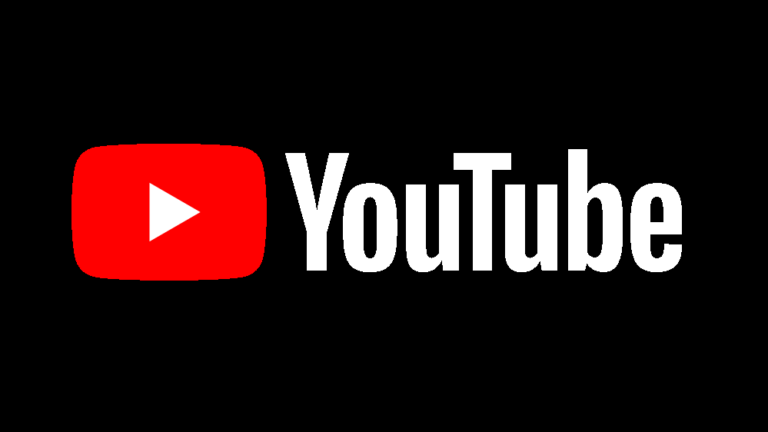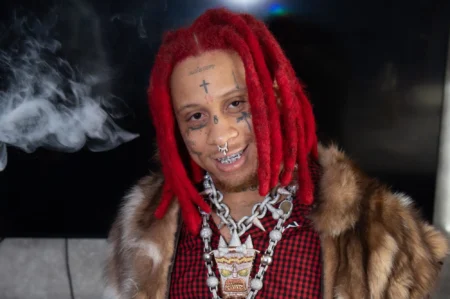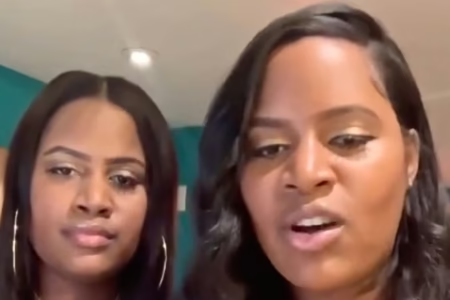YouTube Takes Legal Action Against Ganjingworld for Allegedly Cloning Channels and Videos
In a move to protect its platform and creators, YouTube has filed a lawsuit against Ganjingworld, accusing the video-sharing platform of “systematic and wide-ranging automated appropriation” of YouTube content. The lawsuit, filed on December 18, 2024, in the Superior Court of California for Santa Clara County, alleges that Ganjingworld violated YouTube’s terms of service and California’s Unfair Competition Law.
YouTube’s Allegations Against Ganjingworld
According to the lawsuit, Ganjingworld, which operates under the Falun Dafa Gan Jing World Foundation Inc., has been automatically copying YouTube content, including entire channels and their associated videos. These actions, YouTube asserts, deprive creators of their rights to control and monetize their content.
The cloned content includes high-profile channels such as:
- Mark Rober
- NPR Music and the Tiny Desk Concert series
- YouTube Tech Guy
- St. Jude Children’s Research Hospital
- YouTube’s own channels
“YouTube channels and videos that Gan Jing World allegedly copied in wholesale fashion even display the same channel banners, profile images, and video descriptions as on YouTube,” the lawsuit claims.
YouTube’s Response to Ganjingworld’s Practices
In its official statement, Lance Kavanaugh, VP of legal at YouTube, said:
“Ganjingworld takes advantage of YouTube creators by stealing their content to create a clone of YouTube — depriving creators of the protections and controls they expect, and the ability to make money from their work. This is bad for creators and the overall ecosystem, and we are taking action to ensure it stops.”
Alleged Misconduct and Responses from Ganjingworld
Ganjingworld has denied any wrongdoing, claiming it offers a “content synchronization” tool that users independently employ to transfer YouTube videos to its platform. However, YouTube argues that this explanation does not absolve Ganjingworld of liability.
The lawsuit states:
“Even if that were so (and YouTube believes GJW and its agents are far more involved in that process), GJW would still be liable for inducing its users to breach the users’ agreements with YouTube.”
YouTube also noted that despite issuing cease-and-desist letters to Ganjingworld in March and April 2024, the platform continued to host cloned content, generating advertising revenue from stolen videos.
Ganjingworld’s Public Mission Statement
According to its website, Ganjingworld claims to be a platform that fosters “a culture of care, kindness, mutual respect, and trust” by showcasing inspiring content. However, YouTube argues that Ganjingworld’s practices directly harm the creators who produce such content.
Legal Demands and Next Steps
In the lawsuit, YouTube seeks:
- Monetary damages for losses incurred
- Legal fees
- An injunction to prevent Ganjingworld from continuing to copy content or interfere with YouTube’s business relationships
The case highlights ongoing challenges in the digital content ecosystem, where platform cloning and copyright violations threaten creators’ rights and revenue streams.
What’s at Stake?
YouTube’s legal action underscores its commitment to safeguarding the interests of its creators and maintaining a fair content-sharing ecosystem. The case could set a significant precedent for how platforms handle similar disputes in the future.
Join the Conversation
What are your thoughts on YouTube’s lawsuit against Ganjingworld? Should stricter regulations be implemented to protect digital creators? Share your opinions using #YouTubeVsGJW and #DigitalContentRights!








